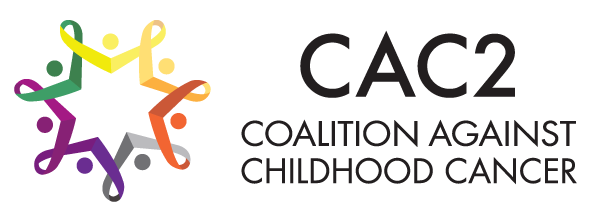In this All-Member Webinar for November 2016, we provided an overview of the compelling case for studying and treating cancer in canine cancer patients – a model of spontaneously occurring disease – the underlying science, and its potential not only to help us better understand and treat pediatric cancer, but also to accelerate the pediatric cancer drug development process.
CAC2 Member Ulrike Szalay of Canines -N-Kids explains: “As we know too well, cancer is the #1 cause of disease-related death in children in most developed countries. At least 1 in 5 will die from their disease, while the vast majority of survivors will suffer significant long term effects or even secondary cancers from their treatments. Nearly half of all of the millions of pet dogs diagnosed with cancer will die from their disease – indeed, their outlook is no better, as there is little movement or money behind new (or better) treatments for either of these vulnerable groups. Yet in an ironic, but not surprising twist of fate, we are finding that canine tumors share important similarities with kids’ cancers ((bone cancer/osteosarcoma, brain cancer, lymphoma and leukemia), including biology, genetics, recurrence, and metastasis, and that man’s best friend might actually help us solve the puzzle through comparative oncology.”
(unfortunately, the recording did not capture the sound)
Ulrike graciously allowed us to share her slide deck as well.
[pdf-embedder url=”http://www.cac2.org/wp-content/uploads/2021/01/Canines-N-Kids-CAC2-Webinar-111616-FINAL-copy.pdf”]


